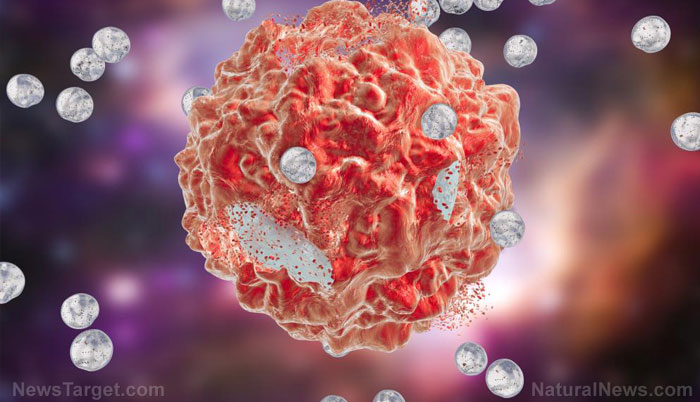![]() Home > Health
Home > Health
Evaluating The Cytotoxicity Of Plant-Derived Phenolic Compounds Toward Human Carcinoma Cells

![]() February 17th, 2021 | 17:18 PM |
February 17th, 2021 | 17:18 PM | ![]() 351 views
351 views
NATURALNEWS
In this study, researchers from Kenya, Cameroon and Turkey evaluated the cytotoxicity of 11 naturally occurring compounds on human carcinoma cell lines and normal fibroblasts. Their findings were published in the Journal of Ayurveda and Integrative Medicine.
Cancer is a major health issue worldwide, and its treatment mainly relies on chemotherapy.
In search of natural anti-cancer agents, the researchers examined the potential of six phenolics (four chalcones and two flavanones) and five terpenoids (three clerodane and two trachylobane diterpenoids) using six human carcinoma cell lines and normal CRL2120 fibroblasts.
They evaluated the cytotoxicity of the phytochemicals using the neutral red uptake (NR) assay and determined both the cell cycle stage and mitochondrial membrane potential (MMP) using flow cytometry.
The researchers also used the caspase-Glo assay to detect caspase activation and measured reactive oxygen species (ROS) levels by spectrophotometry.
The four chalcones and two trachylobane diterpenoids, as well as the chemo drug, doxorubicin, displayed IC50 values below 110 microMolar (uM) when tested on the six cancer cell lines.
The IC50 values of the most active compounds were between 6.30 uM and 46.23 uM against breast adenocarcinoma MCF-7 cells and small lung cancer A549 cells, respectively, while the IC50 values of doxorubicin were between 0.07 uM and 1.01 uM against SPC212 and A549 cells, respectively.
The chalcone 2?,4?-dihydroxy-6?-methoxychalcone also induced apoptosis in MCF-7 cells by increasing ROS production and MMP loss.
Based on these findings, the researchers concluded that the chalcones used in the study can be used to develop novel anti-cancer drugs against human carcinoma.
Source:
courtesy of NATURALNEWS
by Evangelyn Rodriguez
If you have any stories or news that you would like to share with the global online community, please feel free to share it with us by contacting us directly at [email protected]